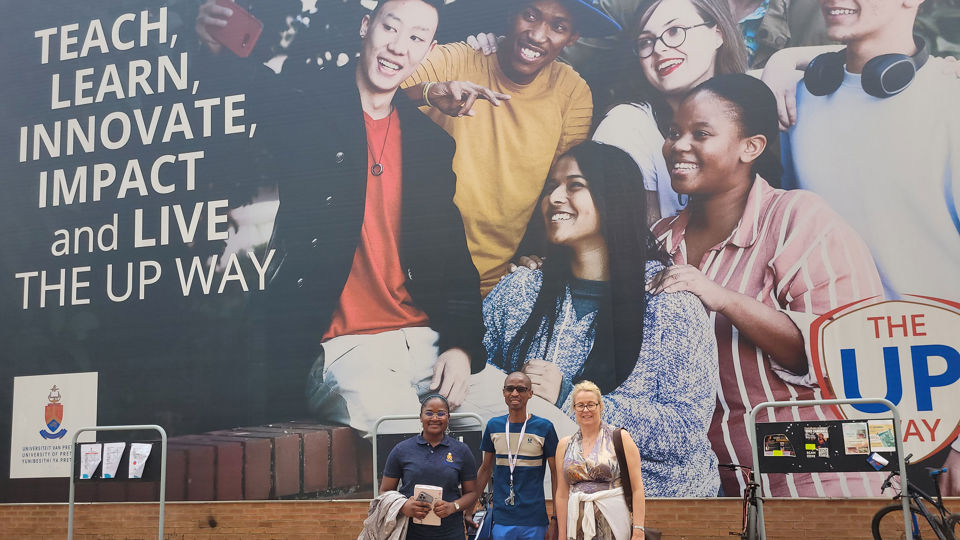
New funds for educational cooperation on entrepreneurship, renewable energy and global competence
The Norwegian government gives 13 Norwegian universities and colleges NOK 90 million for international educational cooperation. Three communities at the University of Western Norway received funds to develop cooperation across national borders.
The Norwegian government aims to establish and strengthen educational cooperation with selected countries outside Europe. The Western Norway University of Applied Sciences has three projects among the 30 projects that received funding. Each project receives three million for a four-year project.
Following is a brief description of the three funded projects.
Cooperation with South Africa on entrepreneurship
One of the HVL projects deals with entrepreneurship education and is called Norwegian - South African partnership for sustainable entrepreneurial internships (SUSTENTSHIP).
The aim of this project is to strengthen the partnership between the university and other actors who work with entrepreneurship in Norway and South Africa.
–This funding means that we, three Norwegian and two South African universities, can continue the good cooperation with incubators, technology transfer offices, and industrial clusters that works with entrepreneurship, says professor at the Mohnsenteret and project manager, Inger Beate Pettersen.
The University of Western Norway has collaborated on entrepreneurship with institutions in South Africa since 2015.
In the project, the task will be, among other things, to develop an internship program, carry out comparative research on entrepreneurial ecosystems, and transfer knowledge across national borders.
Renewable energy - From research to curriculum
There is currently a major shortage of qualified labor in the renewable energy sector. This is due, among other things, to the time it takes to adapt the education plan to the needs of the industry.
The other project that has received funds is Global Collaborative Research Based Education for Enhancing Performance of Wind Farms (EduWind).
Through the EduWind project, universities, research centers and industrial partners from Norway, Canada, India and the USA will develop long-term international partnerships to respond to these challenges.
- The goal in EduWind is, among other things, to develop a methodology that can contribute to new research entering the curriculum quickly. The project will also contribute to the exchange of ideas and close collaboration on the development of educational programs within renewable energy, as well as the development of content for micro-courses and lifelong learning, says professor and project manager Maneesh Singh at the Department of Mechanical and Marine Sciences at HVL.
Global competence in doctoral education
The third project to receive funds is led by Professor David Hebert at the Department of Fine Arts. In the project Global Competence and Research-Based Practice in a Doctoral Partnership, the aim is to strengthen cooperation and the quality of doctoral education at HVL and the Education University of Hong Kong. The project will, among other things, establish an institutional agreement and an exchange plan for teachers and PhD students. COIL courses, co-supervision of dissertations and development of research-based global competence modules are also an important part of the project.
HVL is also a project partner
In addition to the three projects, HVL is also a project partner in the Mathematical toolkit design North-South project. Professor Kjellrun Hiis Hauge is involved in the project coordinated by USN and with partners in South Africa: University of the Western Cape (ZA).
